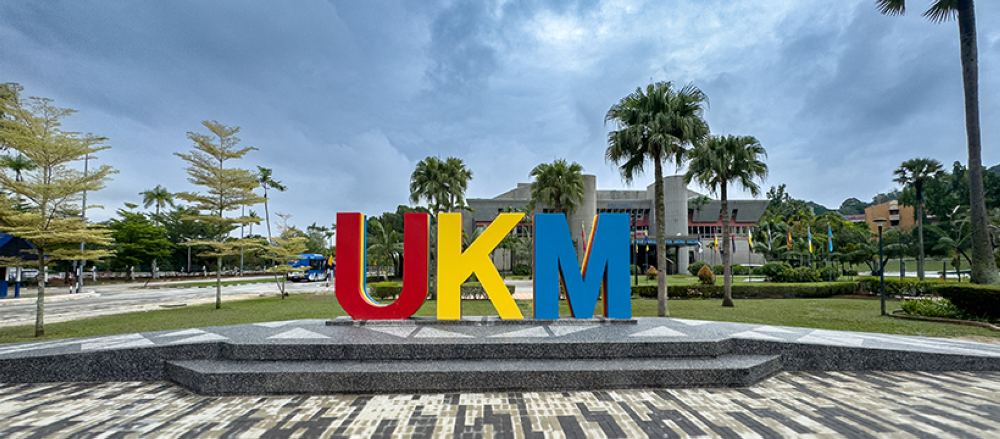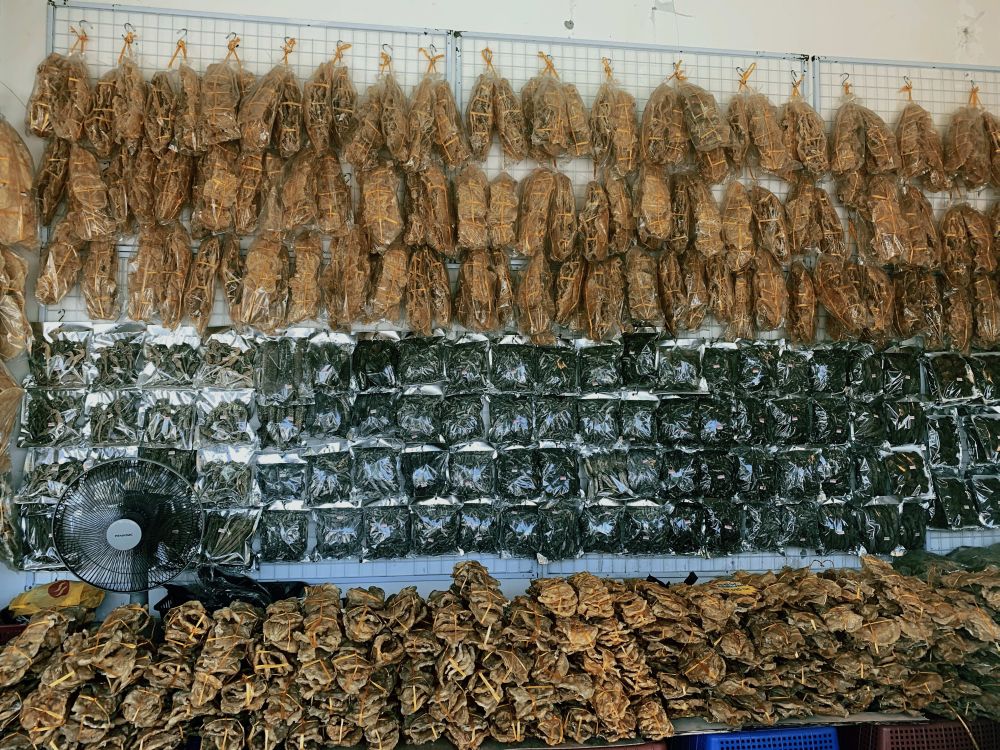SINGAPORE, Jan 28 — A burgeoning online trade of sea cucumber and fish maw in Malaysia and Singapore as well as high levels of international trafficking could endanger their populations if regulators do not step up scrutiny and control, a report by a wildlife trade monitoring network has found.
Traffic, a non-governmental organisation (NGO), said that it had come across more than 5,000kg of sea cucumber and fish maw for sale while monitoring more than 30 online sites in Singapore and Malaysia over 11 days in 2020.
This was from a 42-page report, titled A Rapid Assessment of Online Trade in Sea Cucumber and Fish Maw in Malaysia and Singapore, that it released on Friday (Jan 28).
Sea cucumbers and fish maw, which is the dried or processed bladders of fish, are popular in the Southeast Asian region for their perceived medicinal value and are a delicacy in Chinese cuisine, usually available in Chinese eateries and restaurants.
In its report, Traffic noted that the online trade it monitored was legal, but there were several threatened species and internationally regulated species of sea cucumber and fish maw on sale.
This is of concern and warrants closer monitoring to ensure strict compliance to national and international regulations.
“This also translates to the need for a robust regulation system for these commodities,” it said.
Large quantities for sale online
Traffic said that although sea cucumber and fish maw were two of the most prevalent seafood commodities advertised for sale online in Malaysia and Singapore, their online trade in South-east Asia is not well-reported or understood.
For 11 days between June and July 2020, it then surveyed e-commerce sites and social media channels as well as individual business websites to assess the level of online trade of the two seafood items.
They included Carousell, Shopee, Facebook, as well as businesses such as Apollo Marine and Emperor Brand in Singapore and LSK Fishery in Malaysia.
The survey found 339 advertisements and posts that offered at least 5,547kg of sea cucumber and fish maw from 33 online sites.
The volume of the goods could be “many folds greater” than what it recorded, the report said, since some online sites claimed that they could supply large amounts of the seafood items on a monthly basis.
For example, sellers from two online sites indicated that they were able to supply 4,100kg of sea cucumber — 2,300kg on a monthly basis and 100kg on a weekly basis.
Vulnerable species
Some sea cucumber and fish maw species being traded online in Singapore and Malaysia were of moderate to high conservation concern, Traffic’s report said.
For example, three sea cucumber species protected under Malaysian and Singaporean regulations appeared in 21 online advertisements and posts. They were the holothuria fuscogilva, holothuria nobilis and holothuria whitmaei species.
Similarly, six species of fish maw considered as endangered and five species considered as vulnerable on the International Union for Conservation of Nature (IUCN) Red List were also recorded in online posts selling them.
The IUCN Red List identifies species at high risk of global extinction.
International trafficking
Online trade aside, high levels of international trafficking could also endanger wild populations of sea cucumber and fish maw.
Traffic said that at least 92,000kg of sea cucumbers were seized globally between 2015 and 2021.
There were 23 countries and territories involved, with Malaysia among the top five countries that had the highest number of sea cucumbers reported as being seized. In Singapore, there was one seizure last year.
There were indications that Singapore and Malaysia are transit or destination countries for the illegal sea cucumber trade, the NGO added.
In the case of fish maw, it was difficult to identify the volume of legal and illegal trade because fish maw is not given a specific classification on its own in fishery trade statistics.
Regardless, there is an increasing trend of illegal fish maw trade, driven by high demand for the product in Asia. This has caused an overfishing of fish species that are targeted for their maw, such as the Chinese bahaba.
Likewise, at least 24 countries have documented closures of their fisheries due to overfishing as demand for sea cucumber grows globally, Traffic noted.
Singapore and Malaysia have laws to regulate the trade in marine products but gaps remain, Traffic said in its report.
For example, the Malaysia’s Fisheries Act regulates trade in marine and fisheries products, but the law does not offer protection to the vast majority of fisheries products, including sea cucumbers.
Recommendations
The report suggested that the authorities of both countries conduct both online and physical trade monitoring of sea cucumber and fish maw trade.
It also proposed that they introduce a tracing system to verify that only legal and sustainable products were supplied in the market. These products can be labelled to ensure that consumers are fully aware of the source of their purchases.
Another suggestion was for the two countries to carry out genetic analysis of sea cucumber and fish maw in online and physical markets, as well as those that had been seized, in order to identify the range of species and ascertain how the trade may have an impact on the species.
In November last year, Singapore's National Parks Board (NParks) said that it would propose much stiffer penalties for the illegal trade in wildlife among its proposed amendments to the Endangered Species (Import and Export) Act.
The Bill, which is expected to be introduced in Parliament this March, is looking at heavier penalties for the illegal trade in species protected under the Convention on International Trade in Endangered Species of Wild Fauna and Flora (Cites).
At present, the maximum penalty for the illegal trade in species in various categories is a fine of S$50,000 for each species and a jail term of two years.
Under the amendments, NParks proposed to double the fine to S$100,000 and the jail term to four years for anyone caught illegally trading species in one category for the most endangered species.
The amendments also proposed giving the authorities stronger enforcement powers to tackle the illegal wildlife trade, including safeguards to protect the identity of whistleblowers who provide information on illegal wildlife trade. — TODAY



















